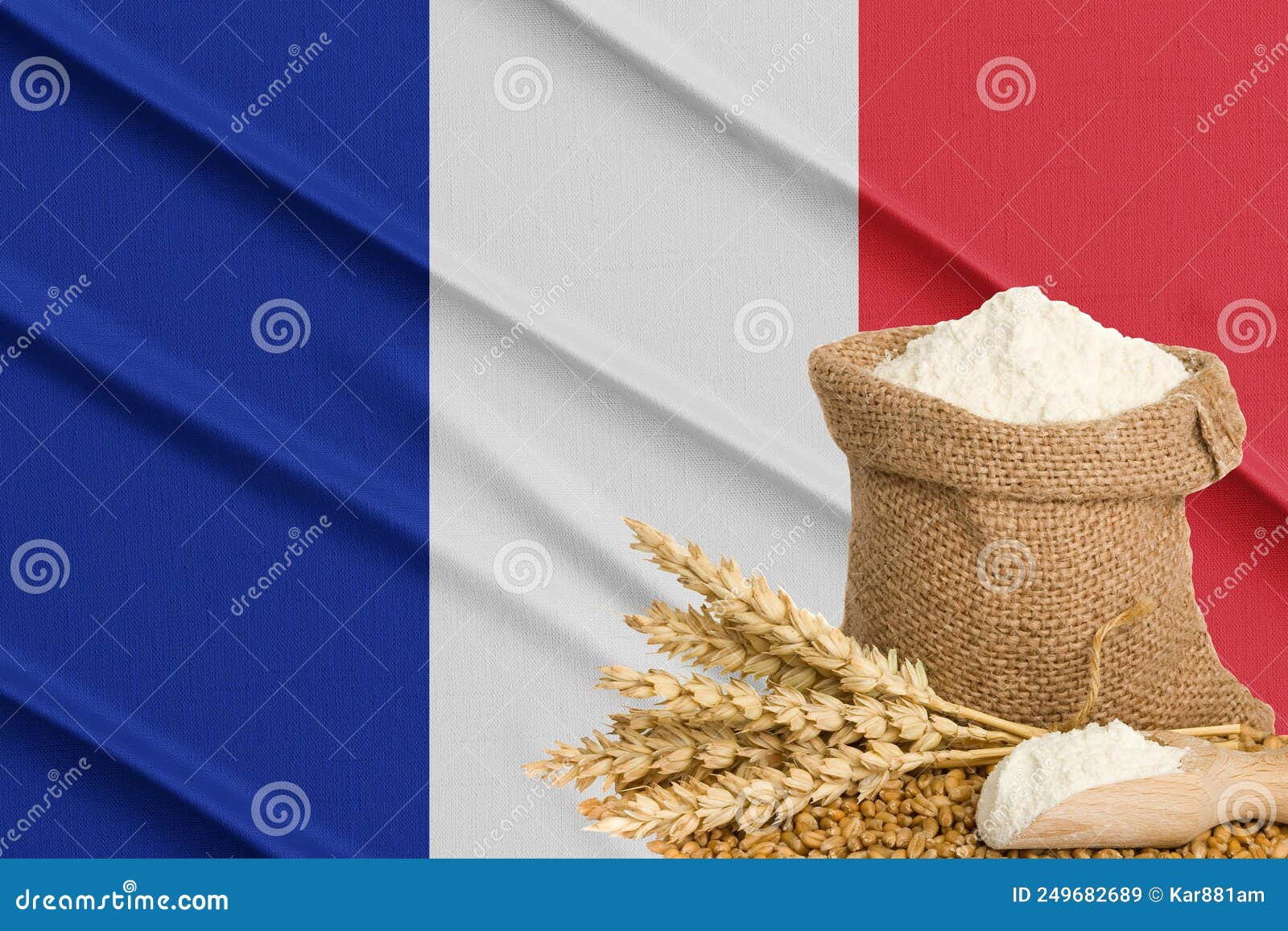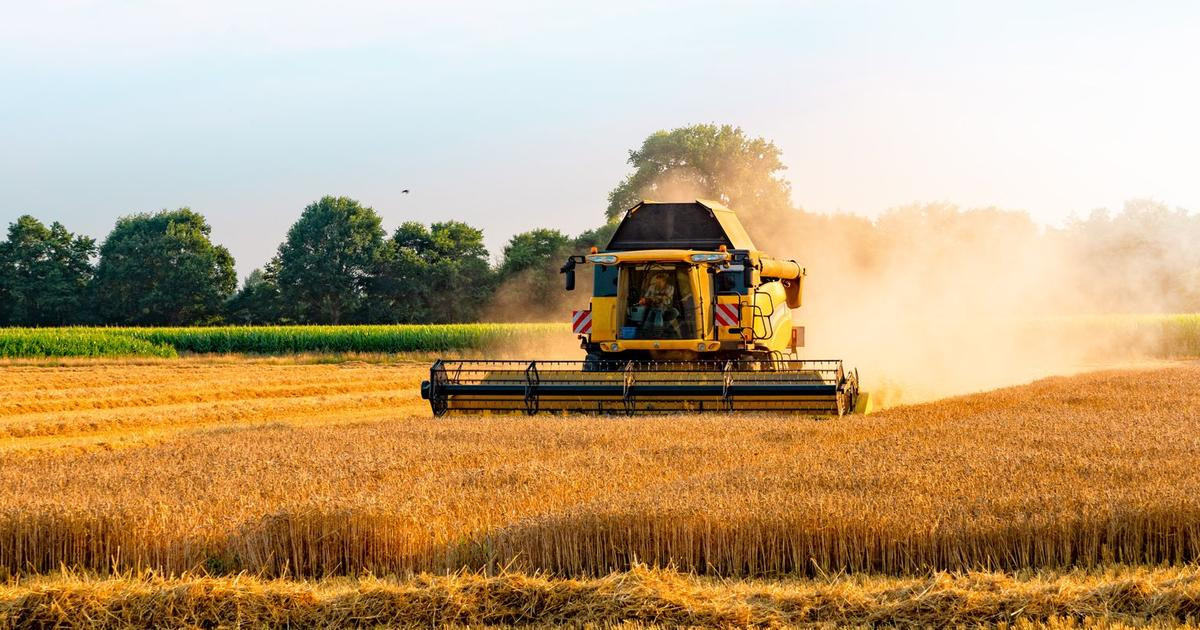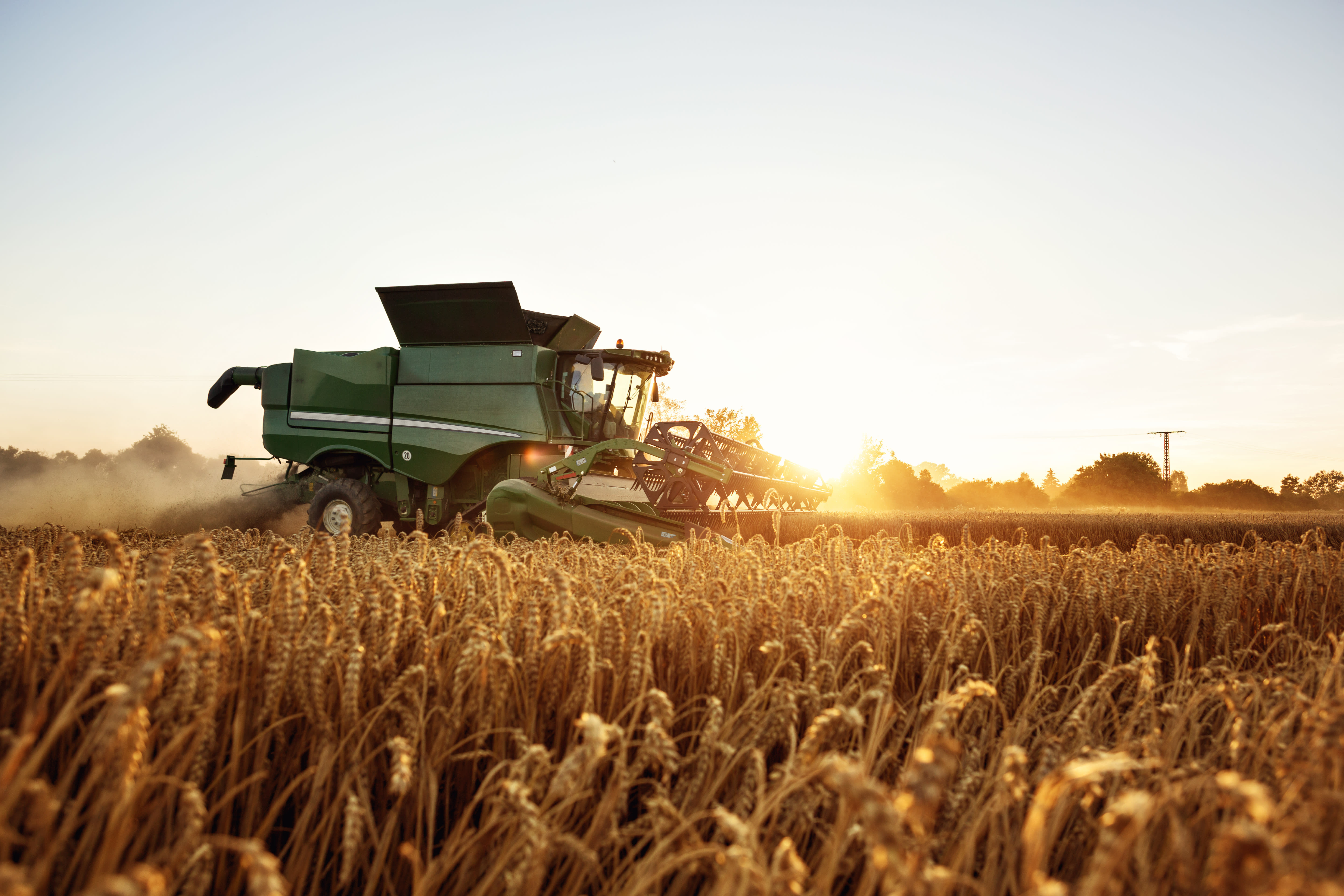France's Wheat Harvest Suffers Historic Low: A Triple Whammy for Farmers
Jean Lefevre, like many French farmers, has just weathered one of the worst wheat harvests in decades. Persistent rainfall, from the initial sowing in October to the recent harvest last month, has left a devastating mark on the French agricultural landscape.
France, the largest grain producer within the European Union, has experienced an unprecedented period of wet weather. A month of continuous rain in October-November, the wettest spring on record, and violent storms last month have combined to create a perfect storm for crop failure.
The impact on French wheat production is staggering. The farm ministry estimates that France will harvest its worst wheat crop since the 1980s, a decline of 25% compared to last year. Other cereals, including winter barley, have also been severely affected.
The adverse weather conditions have created a triple whammy for French farmers, a confluence of challenges that threatens their livelihoods.
The Impact on Farmers: A Multifaceted Crisis
The heavy rainfall has impacted farmers at every stage of the growing season. Delayed sowings, hampered crop development, and challenging harvesting conditions have all contributed to the dismal harvest.
Rising production costs since the pandemic, including expenses for equipment, fertilizers, and land rental, have compounded the problem. This surge in costs, coupled with low crop volumes and depressed prices, has left farmers struggling to make ends meet.
The crisis has fueled frustration among farmers, who feel burdened by the current situation and frustrated by the lack of support from the government.
Global Repercussions: Wheat Shortages and Price Volatility
The French wheat crisis has repercussions far beyond national borders. As a major player on the world market, France exports a significant portion of its wheat production, impacting global supply and price dynamics.
While tight supplies might have been expected to drive up local prices, a global grain glut stemming from bumper harvests in major producers like Russia has kept prices depressed.
The French harvest crisis adds to the global wheat market’s challenges, raising concerns about potential price volatility and shortages in the coming months.
Looking Ahead: A Season of Uncertainty
The situation remains uncertain for French farmers, with the ongoing challenges threatening their financial stability. The government has pledged support through early payments of EU subsidies, increased compensation under a new agricultural insurance scheme, and relief on land tax.
However, the future of the French grain sector, and its impact on the global market, hinges on a combination of factors: the success of government support measures, the ability of farmers to recover from the recent losses, and the long-term implications of climate change on agricultural production.
This crisis highlights the vulnerability of global food systems to climate change and emphasizes the need for proactive measures to ensure food security and support farmers in the face of these challenges.



















